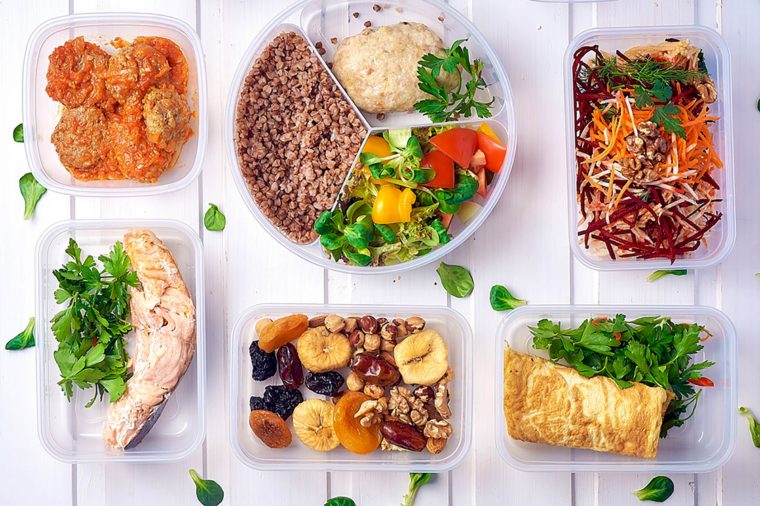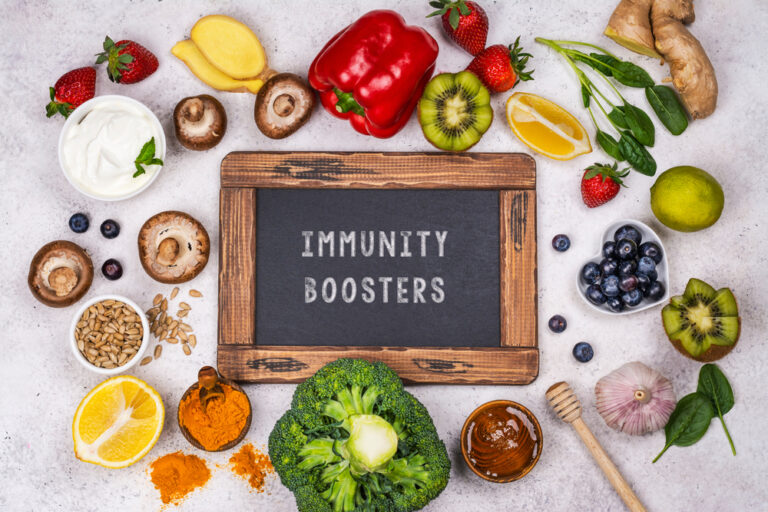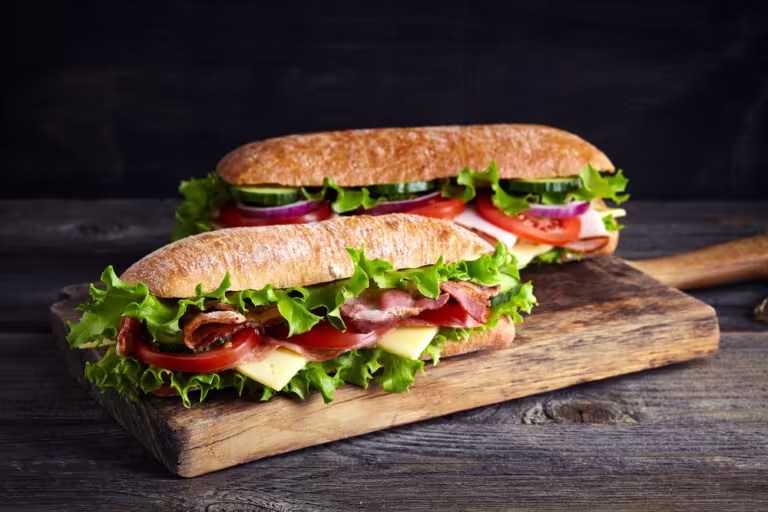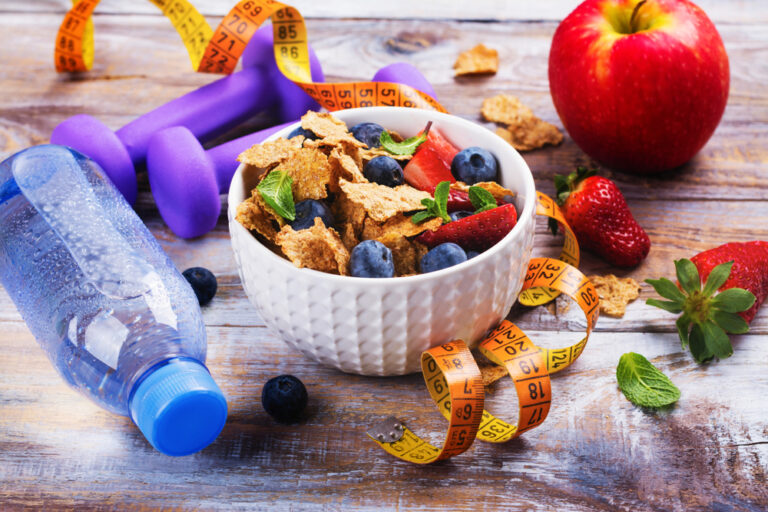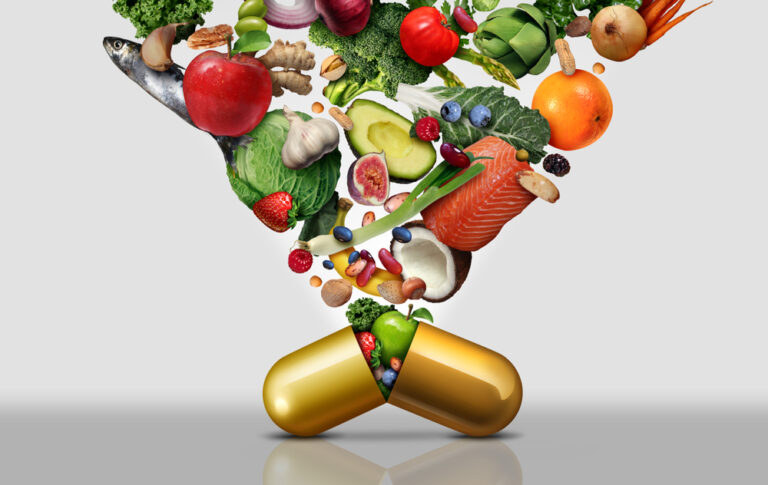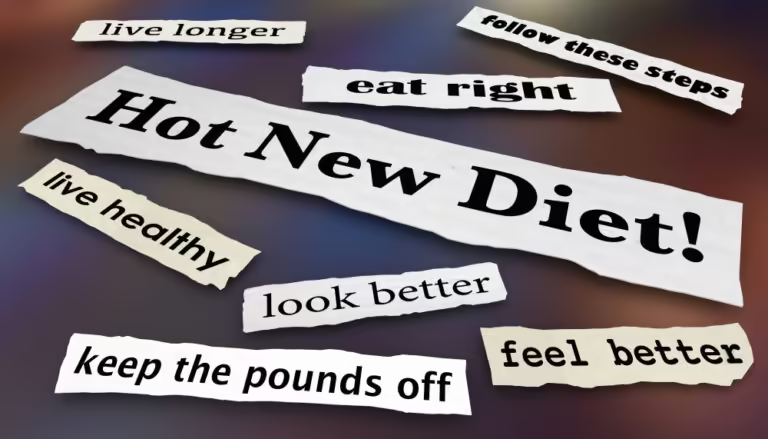
Cut Back On Coffee
Due to caffeine being a stimulant, any foods and drinks that contain caffeine can aggravate your hot flashes. Try limiting yourself to 200 to 300 milligrams of caffeine a day or about one-and-a-half cups of coffee.
If you’ve been drinking more than that, cut back your intake slowly by gradually replacing caffeinated drinks with healthier choices like water and decaf.
If you try to go cold turkey, you may start having headaches and fatigue from caffeine withdrawal.
Mediterranean Diet
Several studies also highlight the benefits of following a Mediterranean diet for hot flashes. But, the findings showed mixed results.
A few researchers suggested that participants experienced benefits because of the weight loss associated with eating a Mediterranean diet rather than just dieting alone.
However, some findings support that following a Mediterranean-style diet can reduce the frequency of hot flashes. Either way, dietary intervention is very highly recommended for hot flashes.
Out of all the diets, the Mediterranean one proves to have many health benefits and is worth trying. In short, this diet is rich in fruits, vegetables, beans, plant-based fats, and whole grains.




